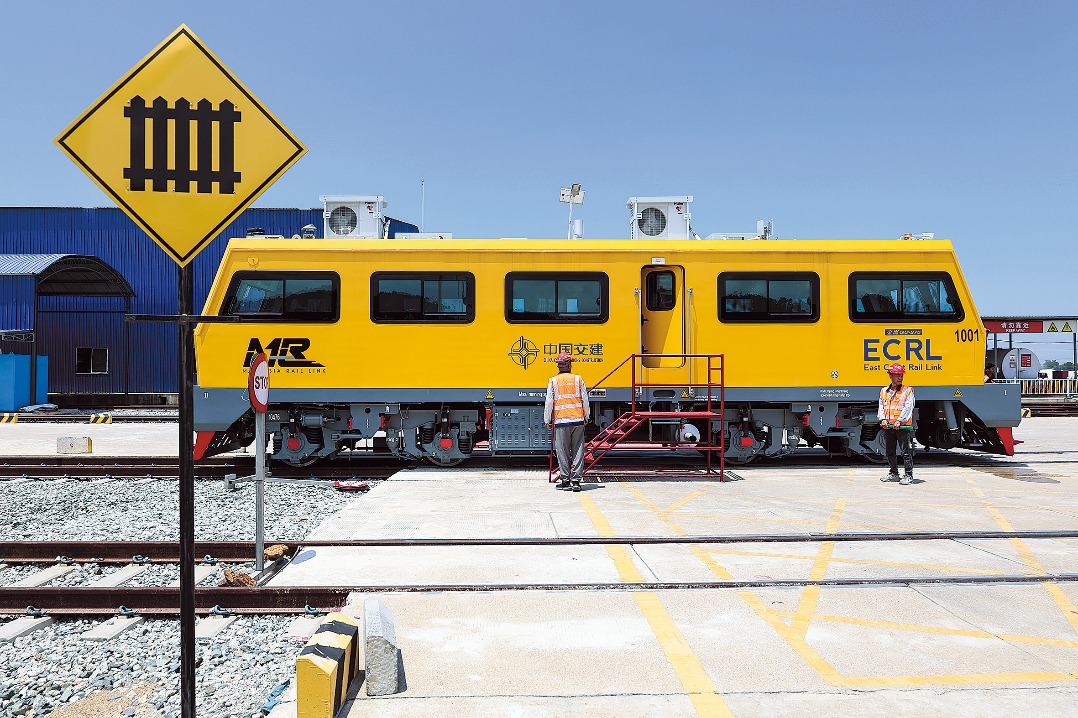UK publisher closes book on printed page
By EARLE GALE | China Daily Global | Updated: 2019-07-17 09:15

Authors 'will not lose out' as technology takes over from paper in classroom
British-based educational books publisher Pearson is turning the page on its university-level printed editions and planning to focus on producing online volumes, something it says will make learning cheaper for students.
The 175-year-old company, one of the world's largest producers of textbooks, experienced several years of falling sales before it cut thousands of jobs and sold assets in 2018 in a restructuring process aimed at arresting the decline.
John Fallon, the company's chief executive officer, says the time has come for the printed word to now be phased out of the classroom.
"We are now over the digital tipping point," he told the BBC. "Over half our annual revenues come from digital sales, so we've decided, a little bit like in other industries like newspapers or music or in broadcasting, that it is time to flick the switch in how we primarily make and create our products."
The Financial Times said the shift to digital books comes as academic publishers are seeing record numbers of unsold textbooks being returned from stores because of competition from online subscription services and from illegally produced fake versions of their books. Fallon said students are also increasingly opting to rent secondhand textbooks, instead of buying new ones.
To counter the challenges, the company will update its 1,500 university-level textbooks currently available in the United States far less regularly, while frequently updating online versions.
"There will still be (printed) textbooks in use for many years to come but I think they will become a progressively smaller part of the learning experience," he said. "We learn by engaging and sharing with others, and a digital environment enables you to do that in a much more effective way."
The digital editions will include videos and feedback for students.
Authors have questioned whether the change will mean less revenue for them but Pearson insists that will not be the case.
Pearson, which is listed on the London Stock Exchange and the FTSE 100 Index, retreated in February from selling textbooks to US high school students by divesting itself of that part of its business in a $250 million deal with private equity company Nexus Capital Management.
Fallon said the phasing out of university-level printed textbooks will begin in the United States and be rolled out to other countries.
Pearson generated $1.3 billion last year in the US alone from selling materials for university courses. Students are already accessing more than 10 million digital courses and e-books each year that are produced by Pearson. An e-book typically costs around $40 while an average textbook costs around $110 to buy and $60 to rent.
The Reuters news agency noted that the rapid switch to digital technology in the book publishing industry mirrors changes in the music, movie, and newspaper industries.
British magazine, The Bookseller, which reports on the publishing industry, noted that the changes at Pearson follow education publishers McGraw-Hill and Cengage announcing they will merge to create a major new player in the educational books market, which says it will prioritize affordable resources.
























